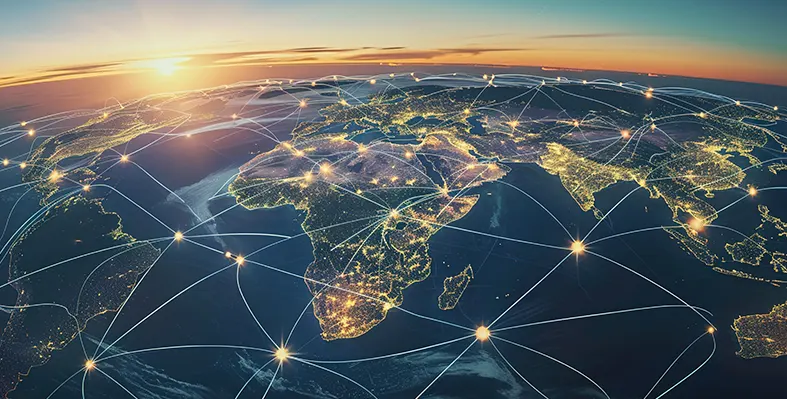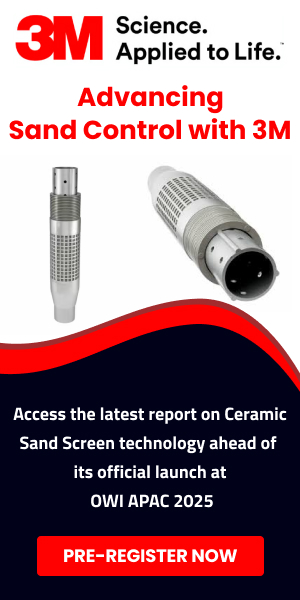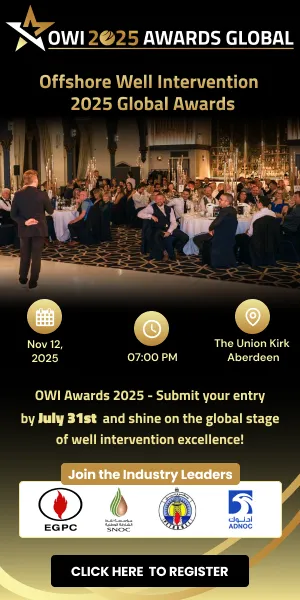Global gas flaring at upstream oil and gas facilities has risen for a second year in a row, according to the World Bank’s annual Global Gas Flaring Tracker
Flaring rose by 2% to 151 billion cubic meters (bcm) in 2024, the highest level in almost two decades. Around 389mn tonnes of CO₂ equivalent – 46mn of that from unburnt methane, one of the most potent greenhouse gases – was needlessly emitted, wasting about US$63bn in lost energy and setting back efforts to reduce emissions and boost energy security and access.
While some countries have reduced flaring, the top nine largest-flaring countries continue to account for 75% of all flaring, but less than half of global oil production. Russia, Iran, Iraq, the USA, Venezuela, Algeria, Nigeria, Libya, and Mexico remain the top nine flaring countries in 2024. These countries are together responsible for over 75 % of global gas flaring while producing less than 50% of the world’s oil. The largest increases in flare volumes in 2024 occurred in Iran, Nigeria, the USA, Iraq, and Russia (in order of the flare volume increase). Together, these five countries accounted for 4.6 bcm of the additional gas flaring.
Iran’s 12% increase in flaring is primarily attributable to an equivalent rise in oil production, along with a continued lack of investment in associated gas recovery and utilisation. Consequently, the flaring intensity was more than three times the global average.
However reductions in gas flaring were observed in Algeria and Libya, mainly due to lower oil production.
Satellite data in the Global Gas Flaring Tracker shows that flaring intensity—the amount of gas flared per barrel of oil produced—has remained stubbornly high for the last 15 years. All top flaring countries saw an increase in their flaring intensity compared to 2012, except for Iraq and the USA. In Iraq, flaring intensity remained largely unchanged. The USA, which reduced its flaring intensity by almost 50% compared to 2012, now has one of the lowest intensities globally.
The report highlights that countries committed to the Zero Routine Flaring by 2030 (ZRF) initiative have performed significantly better than countries that have not made the commitment, achieving an average 12% reduction in flaring intensity since 2012, whereas those that did not saw a 25% increase. ZRF-endorsing countries with lower flaring volumes, including Brazil, Colombia, Egypt, Indonesia, and Kazakhstan, have demonstrated progress.
To accelerate progress, the World Bank’s Global Flaring and Methane Reduction (GFMR) Partnership is supporting methane and flaring reduction projects through catalytic grants, technical assistance, policy and regulatory reform advisory services, capacity building, and institutional strengthening. For example, in Uzbekistan, GFMR allocated US$11mn to identify and fix methane leaks in the gas transportation network, cutting methane emissions by 9,000 tonnes annually, and potentially reaching up to 100,000 tonnes each year.
“Governments and operators must make flaring reduction a priority, or this practice will persist. The solutions exist. With effective policies we can create favourable conditions that incentivise flaring reduction projects and lead to sustainable, scalable action. We should turn this wasted gas into an engine for economic development.” said Zubin Bamji, World Bank manager for the Global Flaring & Methane Reduction (GFMR) Partnership.











